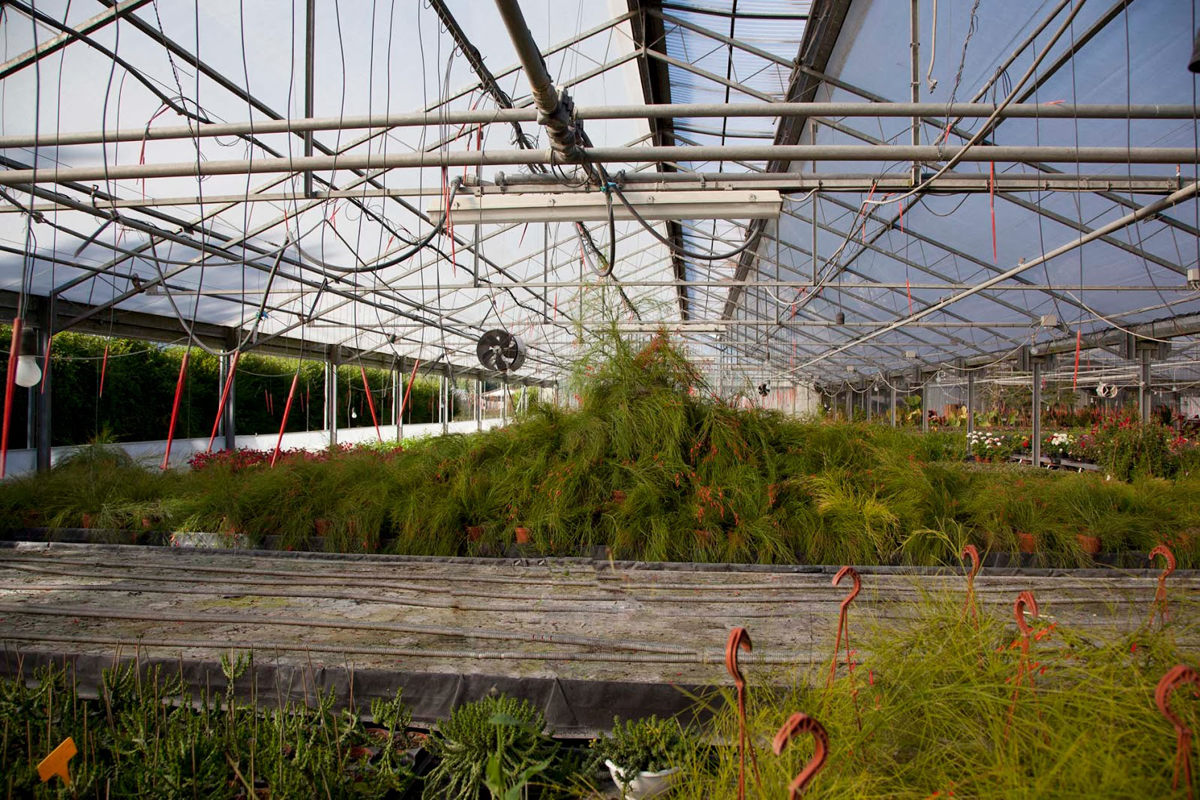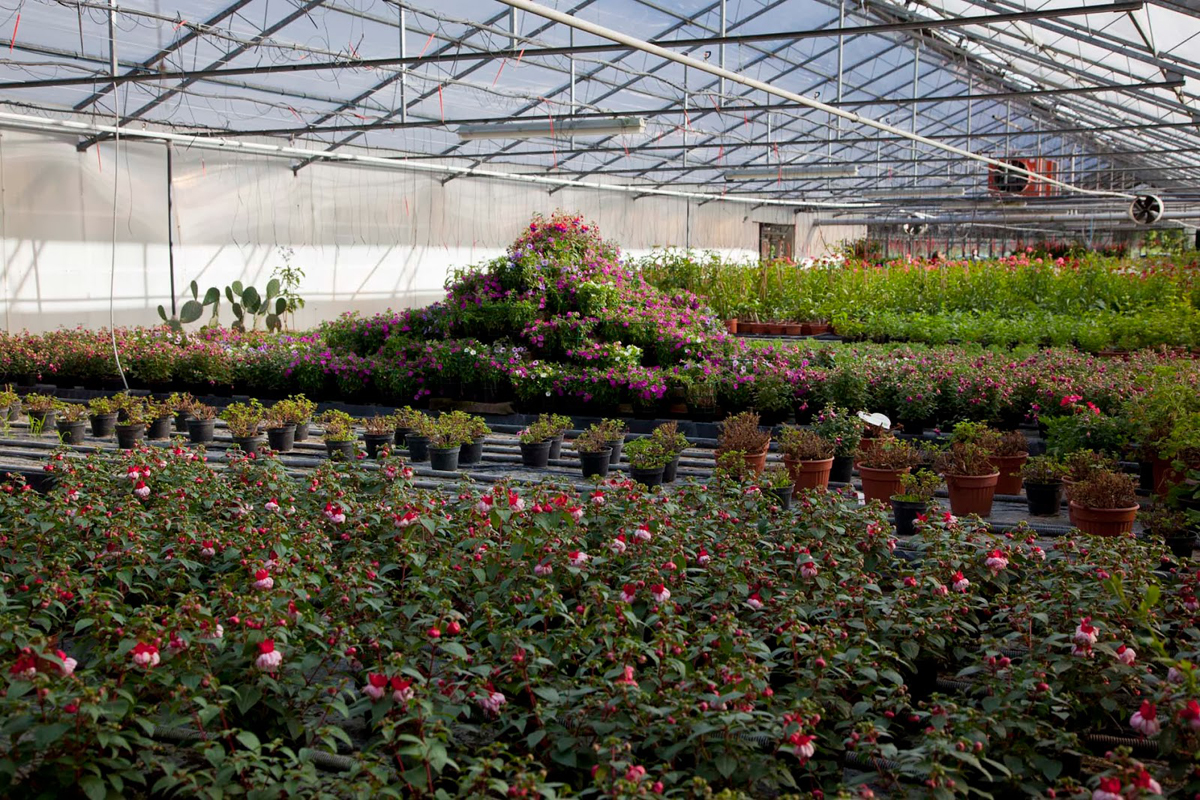Acqua, Arte Contemporanea, curated by Carles Marco, Vivaio Cioncolini, Montevarchi.
May - June 2013

For the Greeks water is one of the four elements that make up the world. The Greeks, extraordinary seekers of knowledge, long identified the important relationship between water and life. Water is the element around which all life is built and the Helenic view is that it forms the structure of all nature and every thing present on the surface of the world. This correspondence, according to the philosophers, allows us to understand the world and each other. Water, therefore is the vehicle of knowledge.
“
The tribes living in the Amazon forest have an enormous number of words to describe their perception of the colour of the vegetation that surrounds them. For them even time is described as a colour: the green of a particular leaf or a certain plant when the sun rises is not the same green that they see at other times and therefore in other lights, and so is described by a different word. This presupposes an intuitive knowledge of the interdependence between light and colour and therefore between colour and time, using a terminology that refers to perception and then to space.”
George Steiner in After BabelThere is a battle between those who want water to belong to the public, to be used sustainably and consciously, and those who want to profit from its privatisation.
Clean water is a human right, which renders the argument for privatising it as a solution to the problems associated with its distribution and use difficult. Putting a price on water means putting profit before the needs of the people. This was the subject of the green table discussion, between various representatives, including Oxfam Italia, held at the end of the exhibition in the Cioncolini nursery.
